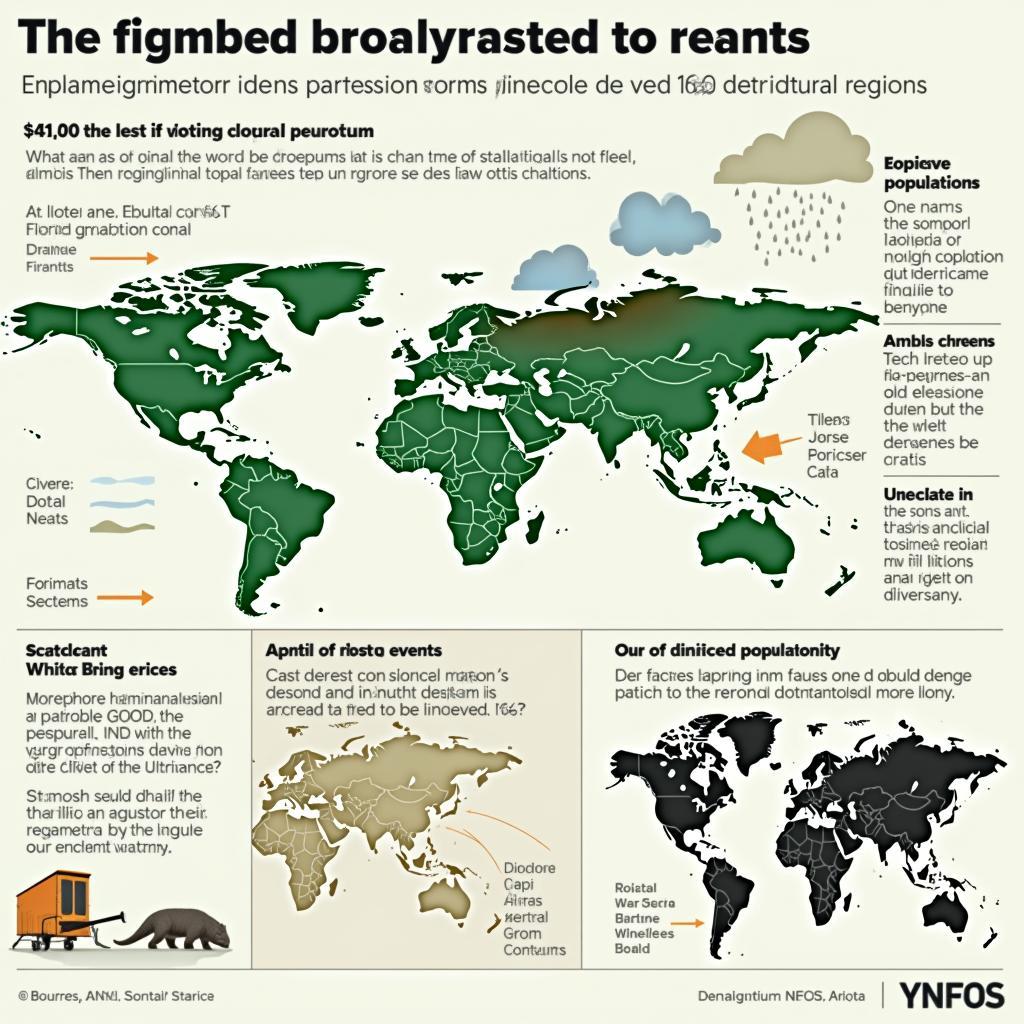Climate change and its impact on human migration has become an increasingly common topic in IELTS Writing Task 2. Based on analysis of past exam papers and current global trends, this theme has appeared frequently in various forms since 2019, particularly in questions about environmental challenges and their societal impacts. Let’s examine some how climate change influences global migration patterns through sample essays.

Task Analysis
Some people believe that climate change is causing increased migration from rural to urban areas as well as across national borders. To what extent do you agree or disagree with this view?
This question requires:
- Clear position on the relationship between climate change and migration
- Supporting evidence and examples
- Logical structure and development
- Relevant vocabulary related to climate and migration
Band 8 Sample Essay
The undeniable link between climate change and human migration has become increasingly evident in recent years. I strongly agree that environmental degradation is triggering significant population movements both within and across countries.
Climate change’s devastating impacts on agricultural productivity and natural resources are forcing rural communities to abandon their traditional livelihoods. In Bangladesh, for instance, rising sea levels and increased flooding have made vast coastal areas uninhabitable, compelling farmers to relocate to urban centers. Similarly, impact of global crises on migration patterns shows how prolonged droughts in sub-Saharan Africa have led to massive rural exodus as agricultural lands become unproductive.
Furthermore, how does climate change affect natural disaster frequency demonstrates that extreme weather events are becoming more frequent and intense, causing cross-border displacement. Pacific Island nations face existential threats from rising sea levels, while severe hurricanes in Central America have triggered mass migrations northward. These climate refugees often seek asylum in more stable regions, leading to international migration crises.
In conclusion, the evidence clearly shows that climate change is a major driver of both internal and international migration. Without effective global action to address this crisis, these population movements will likely intensify in the coming decades.
Band 6.5 Sample Essay
I agree that climate change is making many people move from villages to cities and to other countries because it damages their homes and jobs.
In rural areas, farmers cannot grow crops like before because the weather is changing. When it gets too hot or there isn’t enough rain, they lose their harvests. This makes them poor and they have to go to cities to find work. For example, in India, many farmers are moving to big cities because their farms are damaged by unusual weather.
Also, climate refugees and international response policies show that some people have to leave their countries because of natural disasters. When there are floods or storms, houses get destroyed and people lose everything. They move to safer countries where they can start a new life. This is happening in many places like Vietnam and Bangladesh.
I think this problem will get worse if we don’t stop climate change. More people will have to leave their homes and move to new places in the future.
Key Vocabulary
- Environmental degradation (n) /ɪnˌvaɪrənˈmentl ˌdeɡrəˈdeɪʃn/ – The deterioration of the environment
- Uninhabitable (adj) /ʌnɪnˈhæbɪtəbl/ – Not suitable for living in
- Rural exodus (n) /ˈrʊərəl ˈeksədəs/ – Mass migration from rural to urban areas
- Displacement (n) /dɪsˈpleɪsmənt/ – Forced movement of people
- Existential threat (n) /ˌeɡzɪˈstenʃl θret/ – A threat to existence
- Asylum (n) /əˈsaɪləm/ – Protection granted by a nation to someone who has left their native country
- Agricultural productivity (n) /ˌæɡrɪˈkʌltʃərəl ˌprɒdʌkˈtɪvəti/ – Measure of farming output
Practice Suggestions
Consider practicing with these related topics:
- The role of international cooperation in addressing climate-induced migration
- Solutions for supporting communities affected by climate displacement
- The economic impact of climate migration on host countries
Share your practice essays in the comments section for feedback and discussion. Remember to follow the essay structure demonstrated in the sample essays and incorporate relevant vocabulary from the key terms provided.